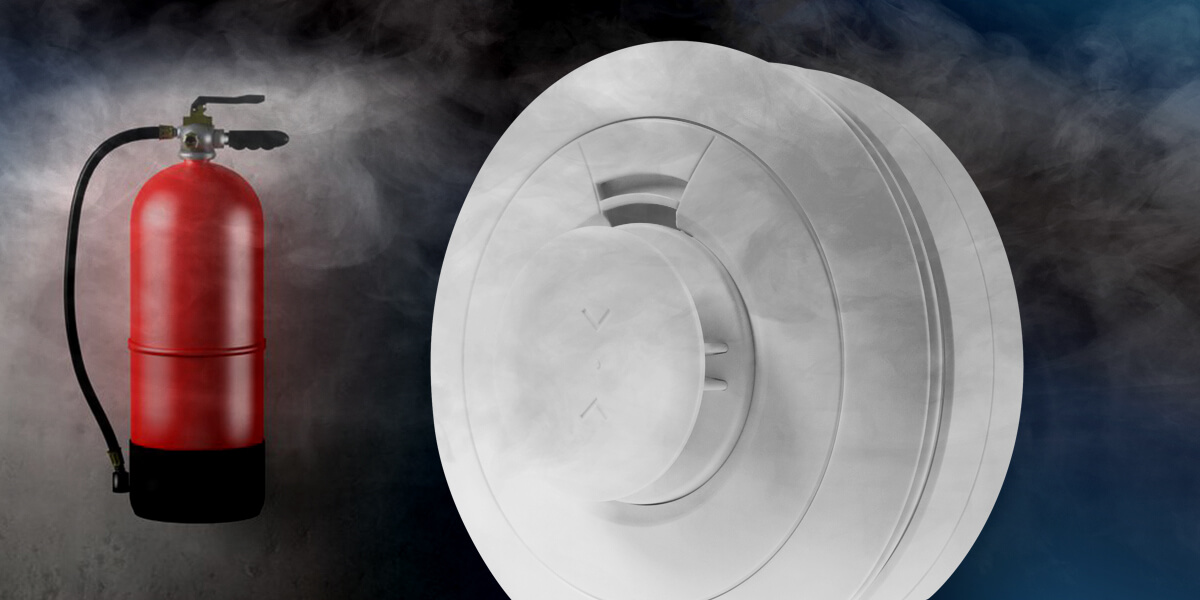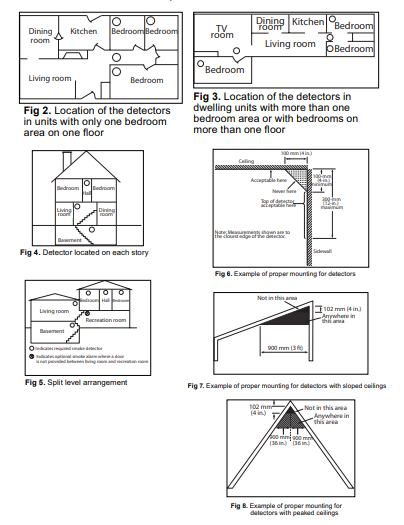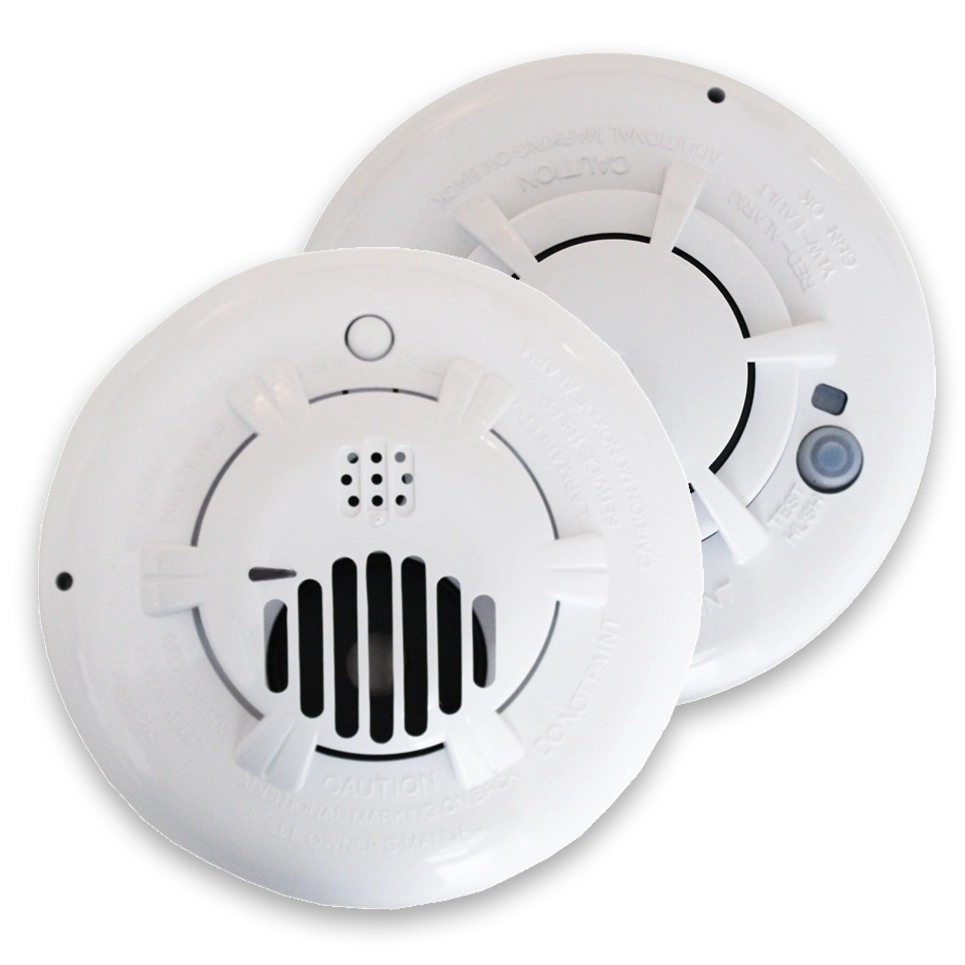Ensuring the safety of your home and loved ones is paramount. One critical aspect of home safety is the installation of effective smoke detection systems. In Virginia, specific laws mandate the presence of smoke detectors in residential properties. This article delves into the advantages of monitored smoke detectors and outlines the legal requirements in the Commonwealth of Virginia.
What Are Monitored Smoke Detectors?

Fire Safety
Monitored smoke detectors are devices connected to a professional monitoring service. Unlike standard smoke alarms that merely sound an alert when smoke is detected, monitored security systems notify a central monitoring station. This ensures that emergency services can be dispatched promptly, even if you’re not home or unable to respond.
Benefits of Monitored Smoke Detectors
- Immediate Emergency Response: Upon detecting smoke, the system alerts the monitoring center, which can quickly contact emergency responders, reducing response times and potentially minimizing fire damage.
- 24/7 Protection: These systems offer round-the-clock surveillance, ensuring your home is protected at all times, whether you’re present or away.
- Enhanced Safety: In situations where occupants are unaware of a fire—such as during sleep or when the alarm is out of earshot—a monitored system ensures that help is on the way.
- Integration with Other Systems: Monitored smoke detectors can often be integrated with broader home security systems, providing a comprehensive safety solution.
Virginia’s Legal Requirements for Smoke Detectors
Virginia law mandates the installation of smoke detectors in various residential settings. According to the Code of Virginia § 15.2-922, localities may require the following:
- Owners of rental properties must provide a certificate to tenants confirming that all smoke alarms are present, have been inspected, and are in good working order.
- In rented or leased dwelling units, tenants are responsible for interim testing, repair, and maintenance of smoke alarms, except those located in public or common areas of multifamily buildings.
Additionally, the 2021 Virginia Statewide Fire Prevention Code specifies that in Group R-1 occupancies, battery-powered single-station smoke detectors must be tested and inspected at one-month intervals.
Compliance and Best Practices

Smoke Detector Placement Diagram
To ensure compliance with Virginia’s regulations and to maximize safety:
- Install smoke detectors in accordance with the National Fire Protection Association (NFPA) guidelines, which recommend placing alarms inside each bedroom, outside sleeping areas, and on every level of the home.
- Regularly test all smoke detectors to confirm they are functioning correctly.
- Replace smoke detector batteries at least once a year, or immediately if a low-battery warning sounds.
- Consider upgrading to monitored smoke detectors for enhanced protection and peace of mind.
Conclusion

Smoke & Carbon Monoxide Detectors
Monitored smoke detectors offer significant advantages over standard alarms, providing immediate emergency response and continuous protection. Adhering to Virginia’s legal requirements and implementing best practices in smoke detection can safeguard your home and loved ones from the dangers of fire.
For more information on smoke detector regulations in Virginia, visit the Code of Virginia and the Virginia Statewide Fire Prevention Code. If you are interested in getting setup with a monitored security system with smoke detectors, give us a call!



